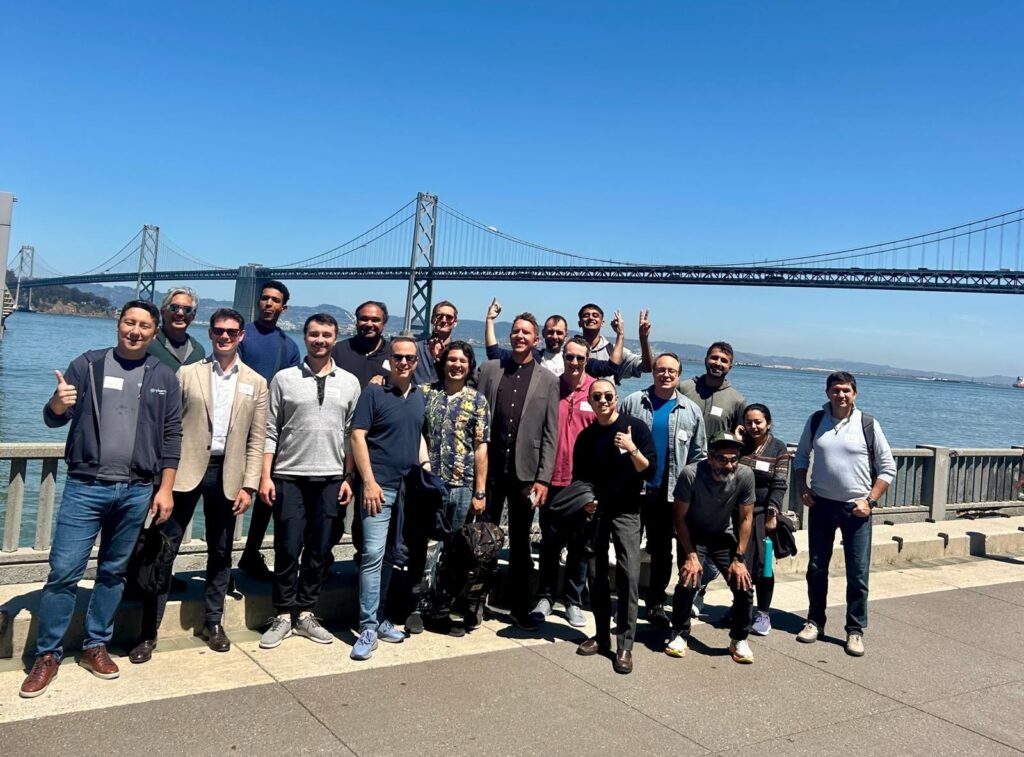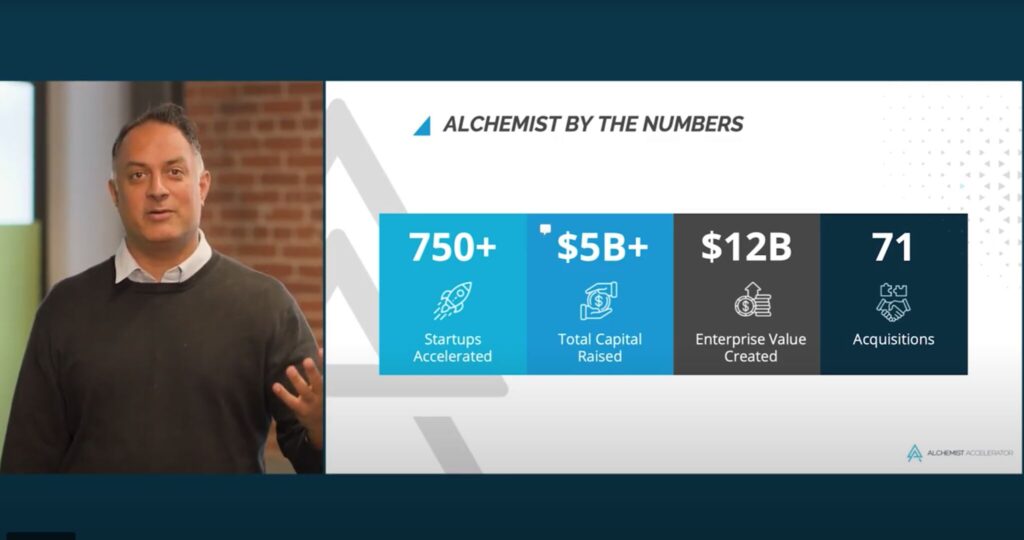Kimaru AI Graduates from Alchemist Class 40

Reflections on our Alchemist journey
Last week on September 30th Kimaru AI joined 12 other startups for Alchemist’s Class 40 Demo Day, a YouTube livestream originating from San Francisco. This milestone marked the end of a year in which we participated first in the inaugural Alchemist Japan program and then in the U.S. flagship accelerator. I’d like to thank the Alchemist program managers, coaches, cohort members and alumni for all their help and support! Also share some thoughts on the program and our journey moving from Japan’s startup scene into the heart of Silicon Valley and how the two ecosystems compare.
From the inaugural Alchemist Japan class to Class 40
In 2024 kimaru.ai joined Alchemist Japan Class 1, the inaugural cohort of a program jointly created by Alchemist Accelerator, JETRO, the Tokyo Metropolitan Government and Mitsubishi Estate. The programme is designed to help Japanese and international B2B startups expand globally. According to the program overview, each cohort spends roughly three months in Tokyo before automatically entering Alchemist’s six‑month flagship accelerator in San Francisco. Participants are expected to pitch at Demo Day in Tokyo and then again at the U.S. Demo Day.
Over the course of three months in Tokyo we refined our narrative and practised our pitch with Alchemist coaches and mentors. The structured curriculum, peer feedback and repeated dry‑runs forced us to sharpen our messaging. We also gained an appreciation for how the Japanese startup ecosystem operates: decisions are slow, investors typically seek traction before engaging and risk‑taking is limited. The contrast with what awaited us in San Francisco could not have been starker.
Joining the U.S. flagship programme
After graduating from Alchemist Japan, kimaru.ai headed to San Francisco for Alchemist’s six‑month flagship accelerator. The Class 40 Demo Day marked the culmination of that program. From the outset we felt the competitive intensity of the U.S. startup ecosystem. Alchemist co‑founder Ravi Belani opened the Demo Day by describing the moment as a “return to school” – a return to Alchemist’s roots of bringing technical founders together in an in‑person community in San Francisco. Ravi noted that being an AI developer in the city today is akin to being an artist in Renaissance‑era Florence; the ecosystem is filled with serendipitous encounters and high‑calibre peer feedback.
Ravi underscored that Alchemist’s programmatic changes have made the accelerator even more rigorous. Class 40 was selected from 591 applicants – an admit rate of roughly 2%, which is lower than many U.S. top universities. Applicants endure multiple interviews and are evaluated on founder expertise, technical depth and customer traction. Those who pass must commit to daily outreach, weekly pitch reviews and structured workshops. The work doesn’t stop at Demo Day; founders are expected to continue refining their business and raising capital long after. Ravi also shared that Alchemist has supported over 750 startups, which collectively have raised over $5 billion and created $12 billion of enterprise value, with 71 acquisitions to date. Alumni often return as coaches and mentors, amplifying the program’s value.

Investor interest and a stark contrast with Japan
One of the most striking differences we observed between the Japanese and U.S. programs was the speed and scale of investor engagement. In Japan, investors typically want to see revenue and an existing customer base before engaging and deal cycles can stretch for months. By contrast, the U.S. market rewards momentum and risk‑taking. Within the past week since Demo Day livestream we received inbound meeting requests from more than 20 investors and within 48 hours had closed two additional investments (thank you!)! The U.S. venture community’s willingness to act quickly stands in stark contrast to Japan’s cautious pace. In my view Japan’s startup ecosystem seriously lags behind its U.S. counterpart and must accelerate if it hopes to compete globally.
For founders coming from Japan, the jump in intensity is real: time‑zone differences and travel take a toll, but the payoff is enormous. Access to capital, world‑class mentors, the ability to solve urgent real-world problems for our customers on a global scale, all hinge on moving at the pace of the U.S. market.
Acknowledgements
Reaching this point would not have been possible without the Alchemist community. We are grateful to the Alchemist Accelerator team, whose curriculum and relentless feedback helped us level up, and to the coaches, mentors and alumni who shared their hard‑won experience. We also appreciate the camaraderie of our fellow founders in both the Japan and U.S. cohorts; their candid feedback pushed us to improve every day.
Looking ahead
As we look to 2026 and beyond, Kimaru AI will continue building decision‑intelligence software that helps companies manage supply chain uncertainty, optimise inventory and make auditable, data‑driven decisions. The lessons we learned through Alchemist – focus on customer problems, iterate quickly and build a community – will remain core to our culture. The accelerator’s global network and the relationships forged across Japan, San Francisco and beyond will continue to open doors.
Graduating from Alchemist Class 40 is not the finish line; it is the beginning of a new race. We are deeply grateful to everyone who has supported us and excited for the work ahead.
If you’d like to get started using Kimaru for your organization please signup for a proof of concept:
